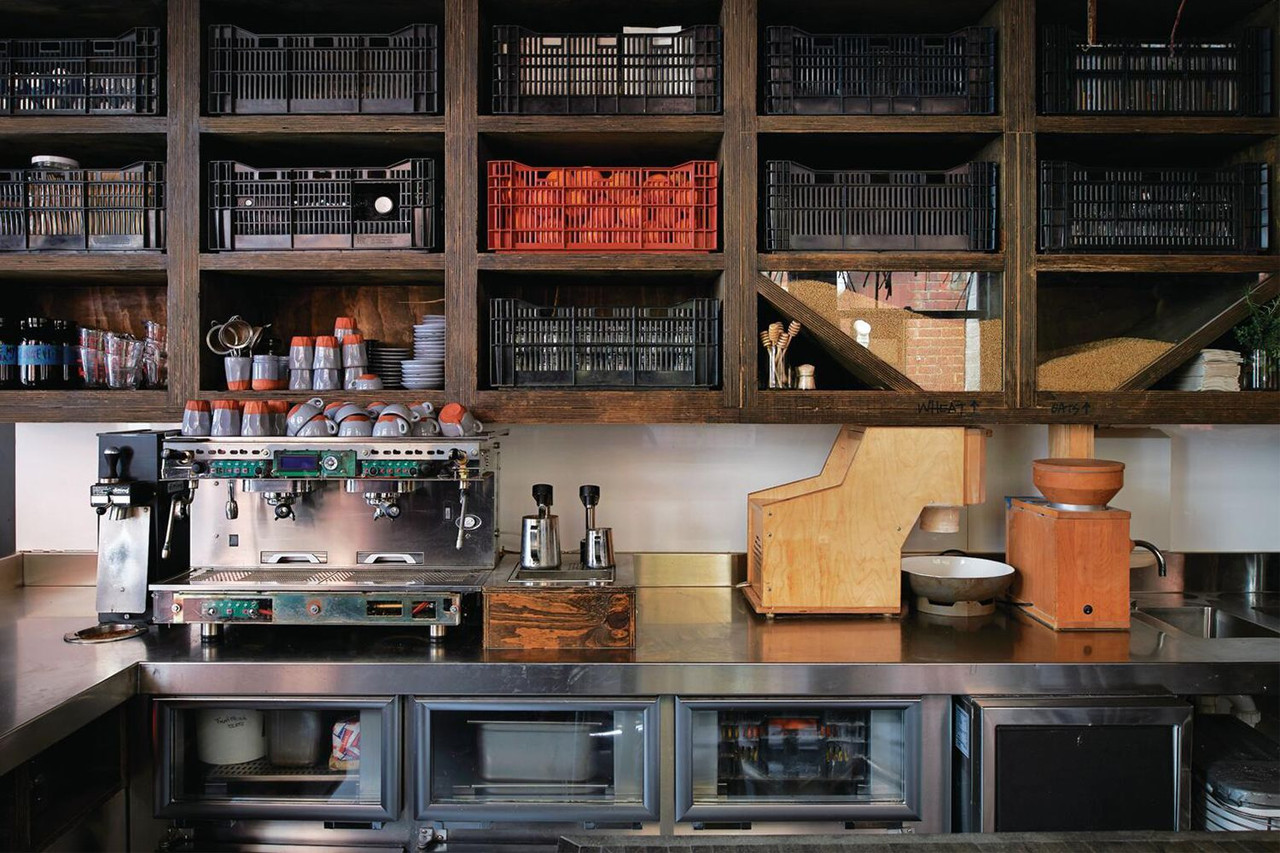
Why Zero-Waste Restaurants are the Answer
15th Sep 2020
Why a zero-waste restaurant?
A 100 per cent zero-waste restaurant is one step towards a solution to the plastic crisis. Australians produce 70 million tonnes of waste each year. This includes 8 million milk bottles per day – numbers that are simply hard to comprehend. The world needs to move towards a closed-loop, zero-waste economy – currently, our food becomes less nourishing as our soils are mined, and there are reports of an unprecedented drop in fertility across the western world along with escalating spending on healthcare. Zero-waste includes implementing a circular economy model where food scraps and organic waste is fed back to the ground. This is incredibly important for the health of our soils, which are depleted in nutrients such as manganese, zinc, magnesium, iron … the list goes on. Synthetic fertiliser provides plants with nitrogen, phosphorus, and potassium – but the other many elements that should provide us with sustenance are missing. By producing high-quality compost that is rich in nutrients, we can begin to replenish our soils.
What a zero-waste restaurant involves
A zero-waste restaurant is a lot of work and problem solving, but it's worth it. Joost Bakker, owner of the world's first zero-waste restaurant, Silo, in Melbourne, shares his experience of creating his dream. "We pioneered and trialled wine on tap and mineral water on tap, which resulted in our house-made tonic and cola," he says. "We installed organic solutions like in-vessel worm farms, and used a Swedish in-vessel composter in Sydney, and a Korean in-vessel composter in Perth. We set up bulk milk and cream systems and stocked locally made whiskies, gin, vodka and rum in bulk. Paint tins became reusable coffee containers and likewise our vessels and crates for fruit, vegetables, fish and meats were all reused. "We stone-ground grain, rolled oats to order, made nut milks, fermented produce, and made everything from butter and kombucha (before you could buy it) to vinegar and miso. Chemicals were eliminated and we used our own roof-grown produce. We even harvested urine from the last incarnation of Greenhouse in 2012. (You can start to understand why I was in a constant battle with the health department.) "Silo was designed and built without toxic glues or paints. Instead, we upcycled materials such as end-of-life plastics for furniture and plates, off-cuts of leather for seats, waste cork and linseed for flooring. My favourite was the wooden wheelie bin made from waste products. "All the plates, bowls and coffee cups were locally made and moulded from my favourite terracotta pots. I wanted guests to be reminded that the food they were eating was planted by someone. Drinks were served in reclaimed beer and wine bottles, soups, and broths in upcycled gas bottles."
Hard work?
Absolutely! But this is the way the world needs to move – and we need pioneers to move us this way.
Information taken from Delicious.com. Read about how to take advantage of a crisis, and how pet foods are leading sustainability, on our blog.
Planet Friendly Packaging acknowledges the traditional custodians of the land on which we work. Our thoughts go out to everyone affected by COVID-19. Stay safe.

